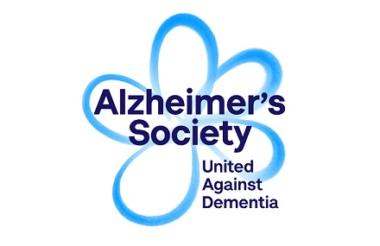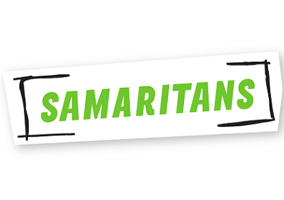The Alzheimer's Society has committed to greater transparency about its use of settlement agreements, but has been cleared of any regulatory wrongdoing.
The Charity Commission announced today that it has concluded its regulatory compliance case into the charity, and that the charity's trustees acted in line with their legal duties.
The charity has also instigated an independent review of its procedures for raising concerns. It is not changing its use of settlement agreements but will be making the policy clearer.
The regulator's case was opened in February after the media reported allegations about the handling of bullying and harassment within the charity, including the use of confidentiality clauses in settlement agreements.
The case looked at the charity’s governance, policies and processes rather than any individual instances of bullying or harassment.
According to a whistleblowing complaint reported by the Guardian, Alzheimer’s Society had spent up to £750,000 on payouts to staff who agreed to sign non-disclosure agreements. The article suggested the NDAs may have been used to silence staff accusations of bullying.
Today the Commission said it saw no evidence to support the claims made in the complaint.
Its press release said: “The regulator found no evidence that confidentiality clauses used by the charity were designed to or would have had the effect of preventing staff from reporting any whistleblowing, bullying, harassment or discrimination complaint.
“Allegations reported in the national media around the amount of money paid out in settlements were not substantiated by the evidence the Commission saw.”
The Commission said it is satisfied that there were processes in place to ensure that settlement payments were properly scrutinised.
Alzheimer's Society provided evidence to the regulator to show it was carrying out work to strengthen its internal culture to ensure a positive environment for staff.
The regulator said it has advised the charity that in making payments, “thought should be given to how the decision might affect public trust and confidence in the charity”.
In the interests of transparency, the regulator has also advised the charity to explain its decision-making and use of compensation payments in its annual report.
“The regulator is satisfied that the trustees cooperated with its enquiries and took its guidance on board,” the report concludes.
Alzheimer’s Society will discuss the use of settlements in its next annual report
Stephen Hill, chair of Alzheimer’s Society, said: “We welcome the conclusion of the Charity Commission’s regulatory case which found no evidence of wrongdoing by the Society, including our rare use of settlement agreements over the last five years, and found that the figure published in the complaint was incorrect and unsubstantiated. The Charity Commission investigated the detailed complaint it received in 2018 on this issue and has decided no further action is necessary.
“This has however been an opportunity for some reflection for us. We have updated our policy on settlement agreements, which is informed by the Acas Code of Practice and we have instigated an independent review of our procedures for raising concerns to ensure it is absolutely best practice. We will also talk further about how we use settlements in the annual report 2019-20, which, we hope, will continue to demonstrate our absolute commitment to accountability and transparency.
“It remains really important to us that everyone who works or volunteers for Alzheimer’s Society has a great experience. We never take our team for granted and will continue to listen to our people and use their feedback to build on our positive culture.
“It was great that so many of our team contacted us to say they didn't recognise the organisation described in the complaint. Alzheimer's Society, at its heart, is its people, volunteers, staff, supporters. Most importantly it is here for people living with and affected by dementia. We are glad this decision allows us all to continue focusing on delivering help and support to them at this difficult and challenging time, when it has never been needed more.”
Commission: 'Our case did not find evidence of wrongdoing at the Alzheimer’s Society'
Tracy Howarth, assistant director of casework at the Commission said: “Our case did not find evidence of wrongdoing at the Alzheimer’s Society, or that its use of settlement agreements would stop people from whistleblowing.
“This is crucial – the Alzheimer’s Society has an important role in ensuring the wellbeing of so many, and so it is important that its working culture allows staff to raise concerns. Like all charities, the Society must continue to ensure that staff settlements are only made where that supports the charity’s purpose.
“Donors expect charities to be different from other organisations and to spend their money carefully. We also welcome steps being taken to further strengthen procedures at the Society and to strengthen the charity’s internal culture.”
Related articles













